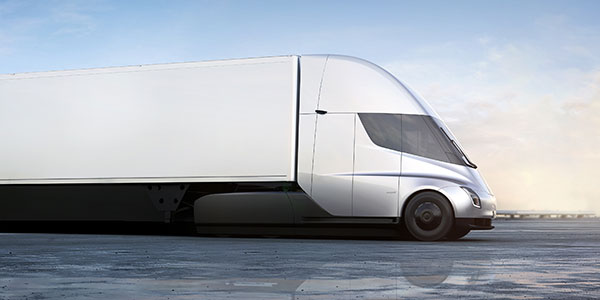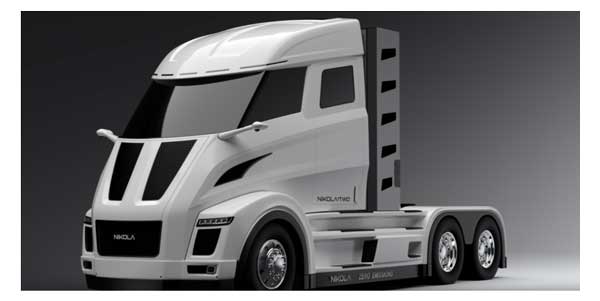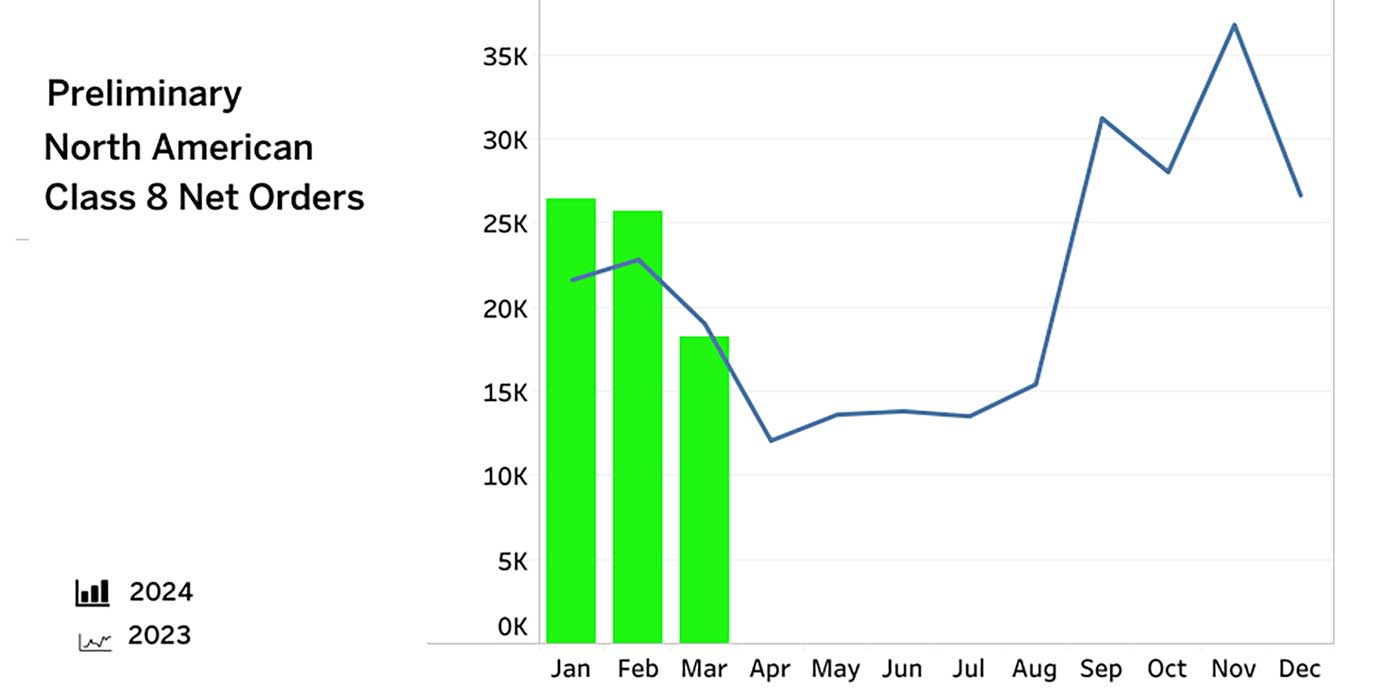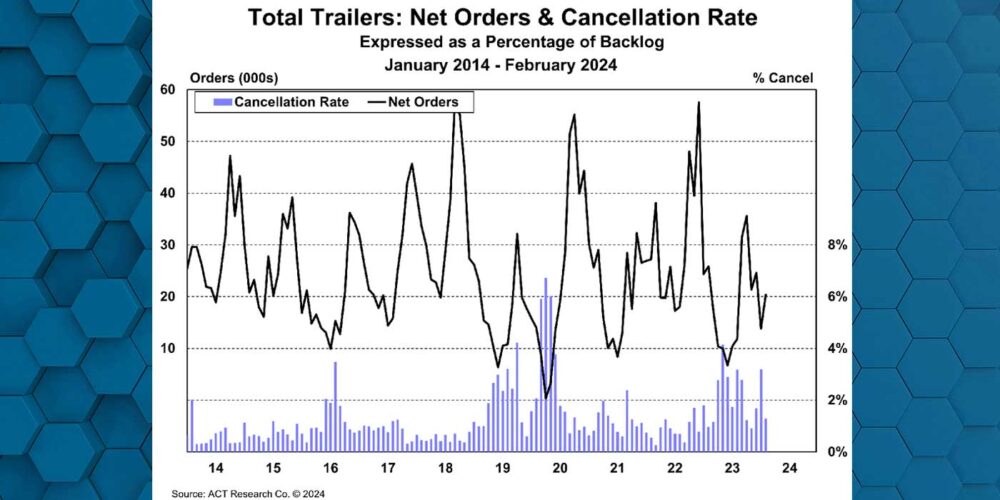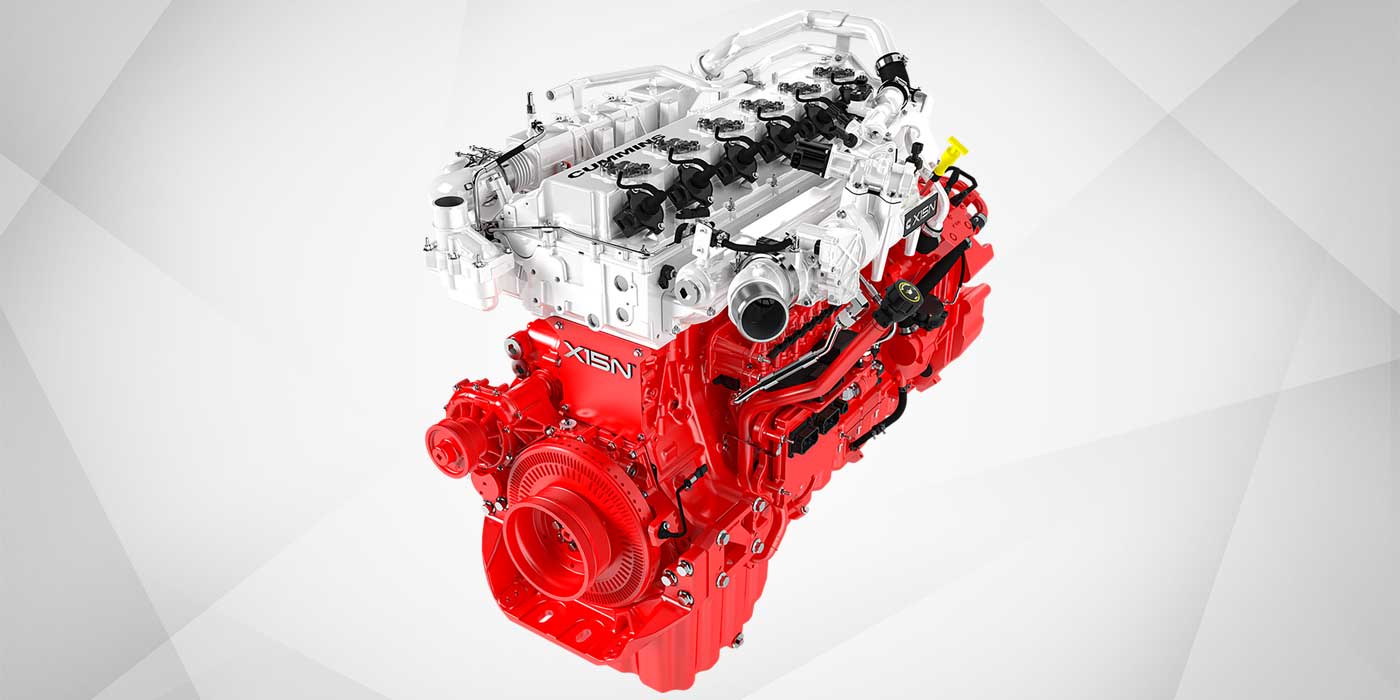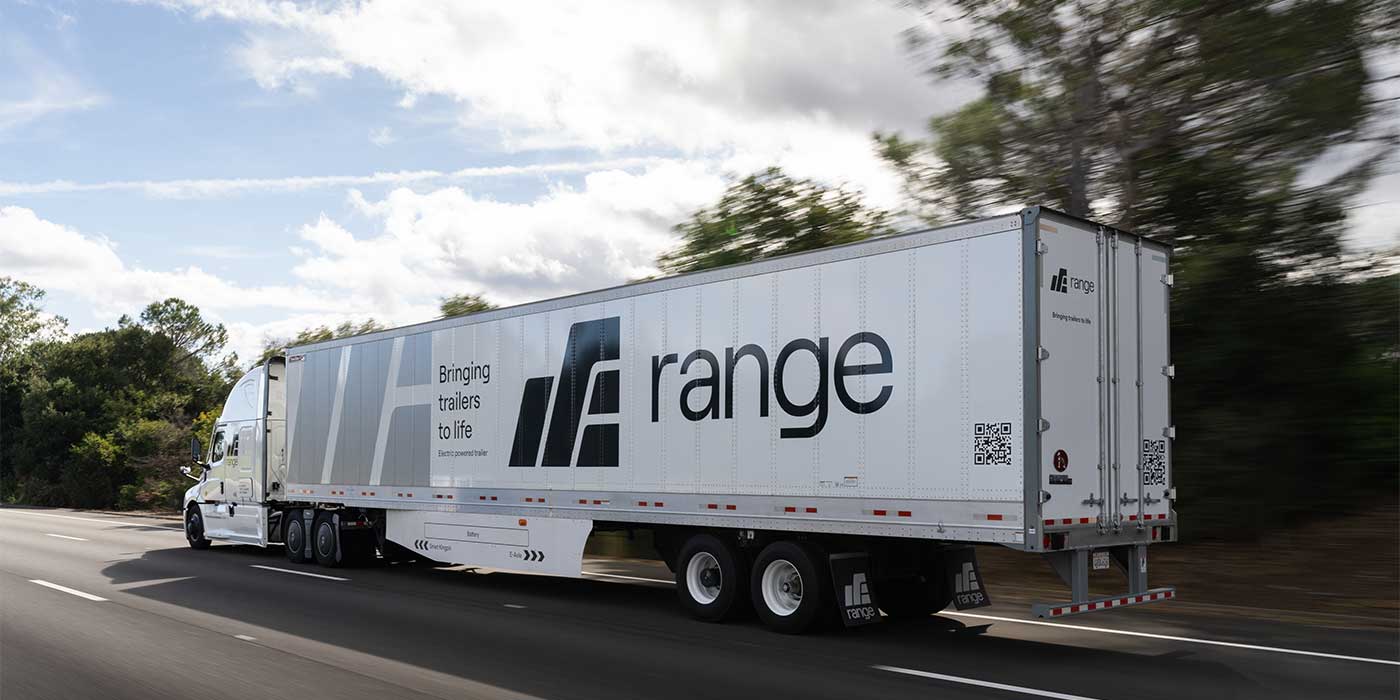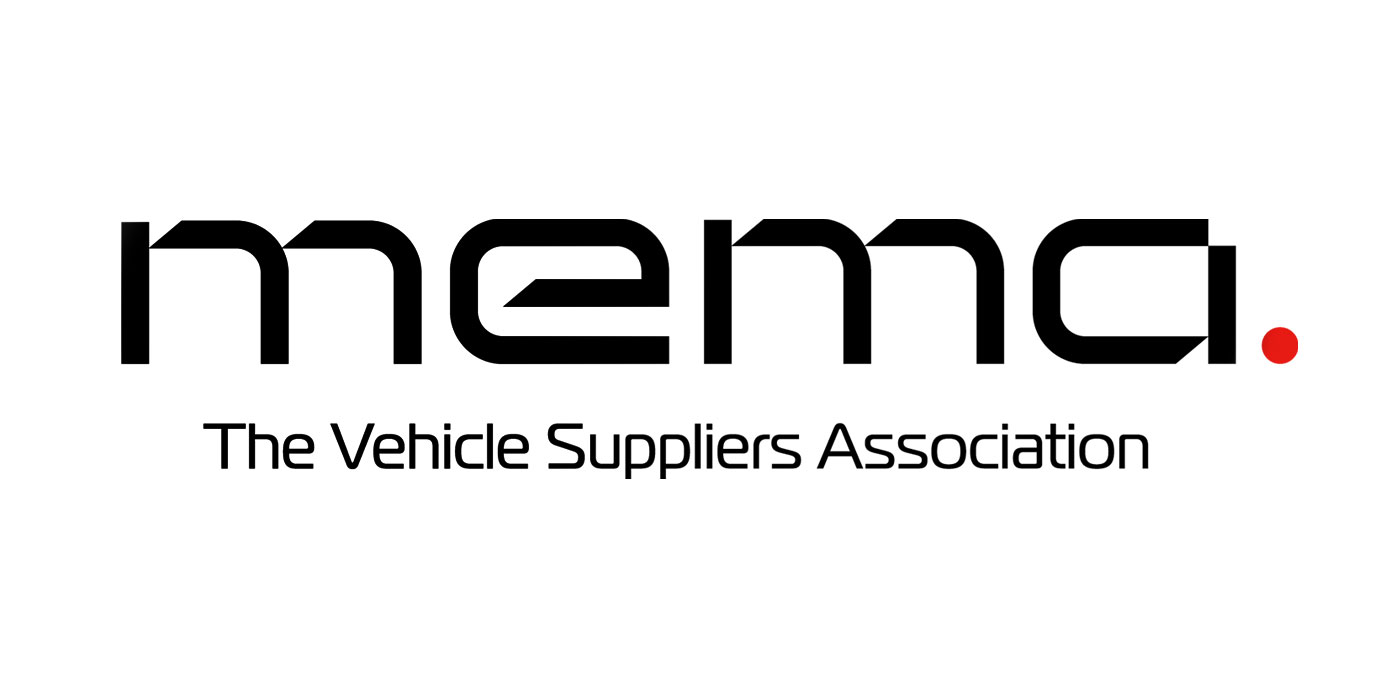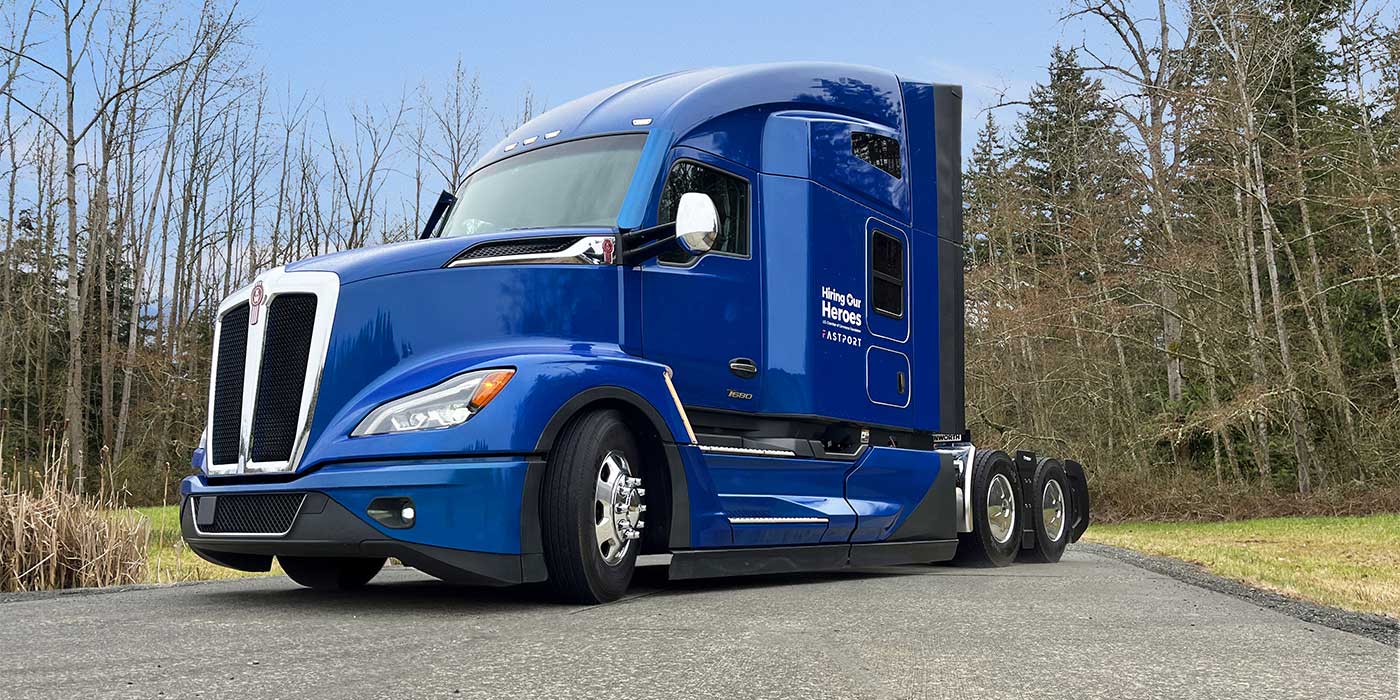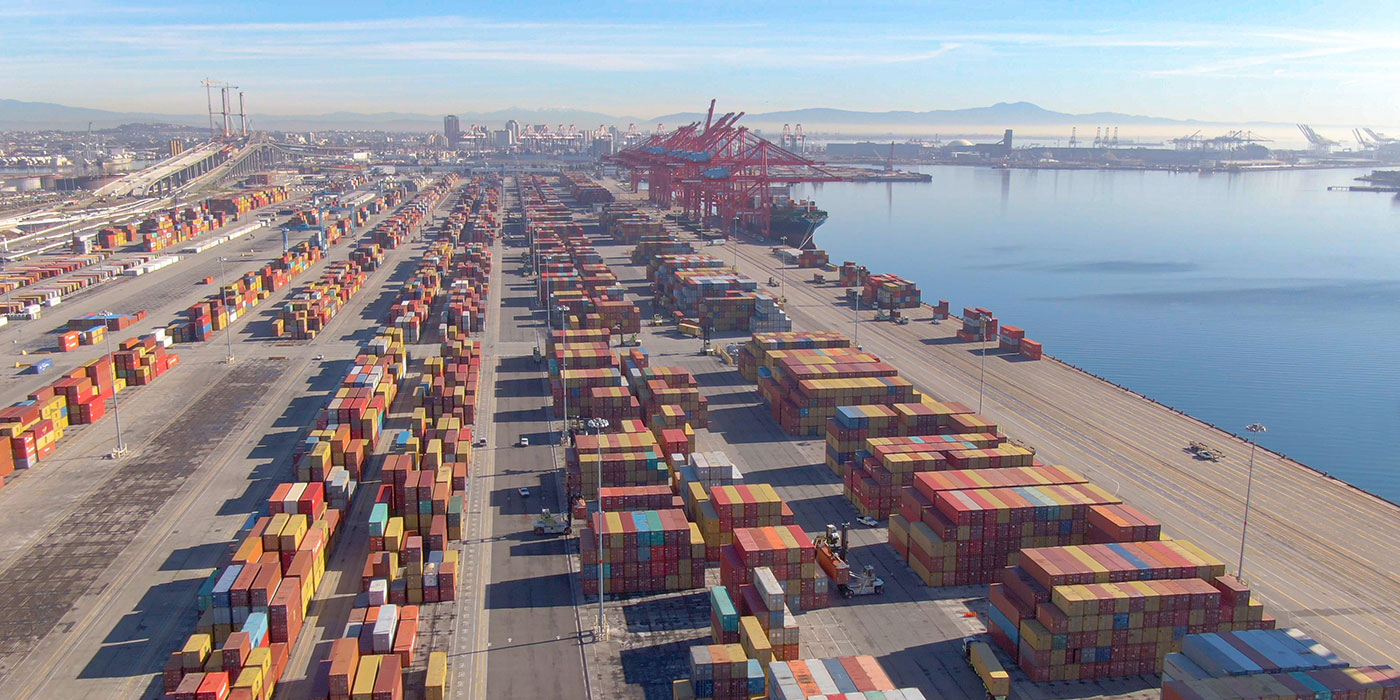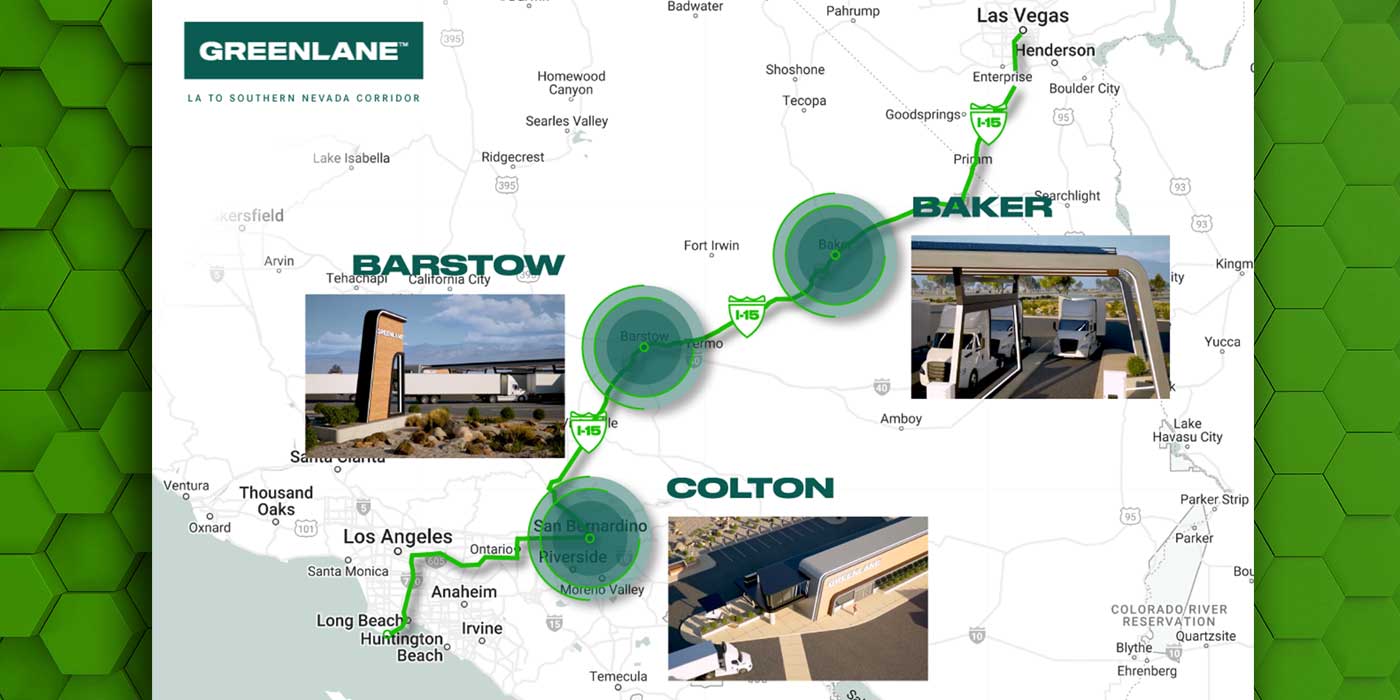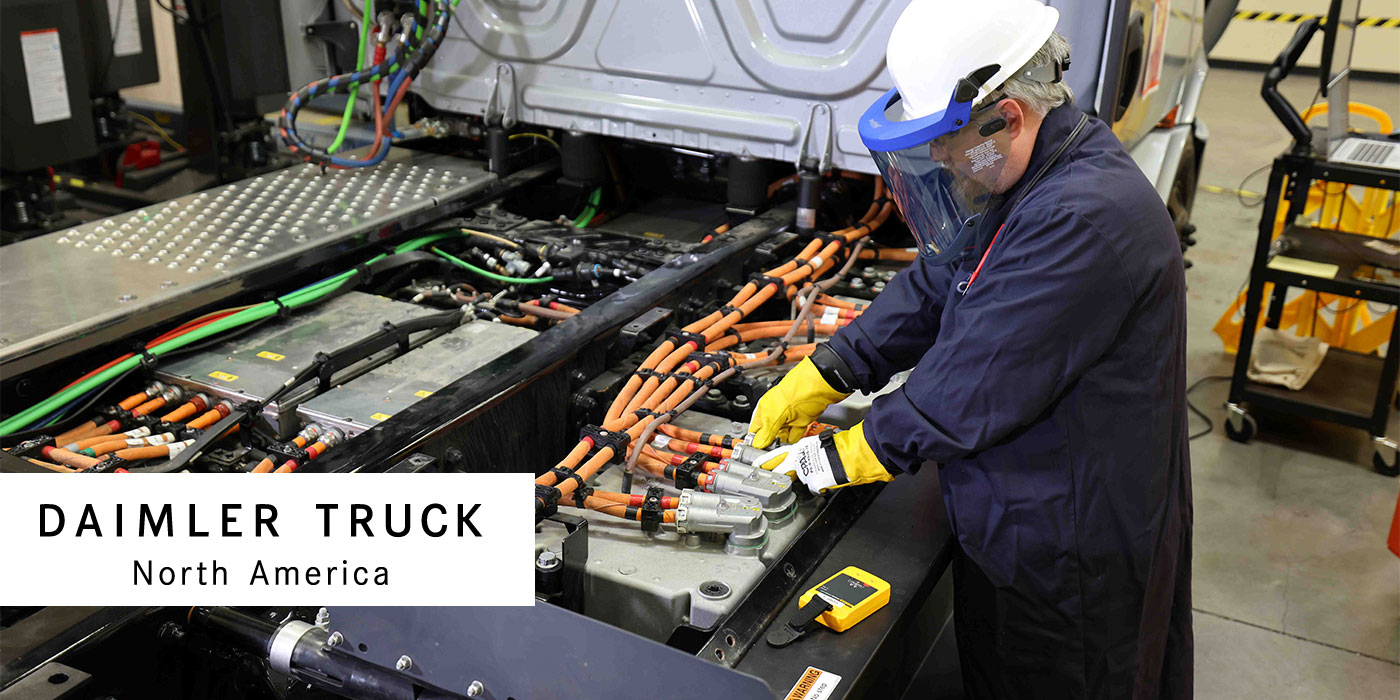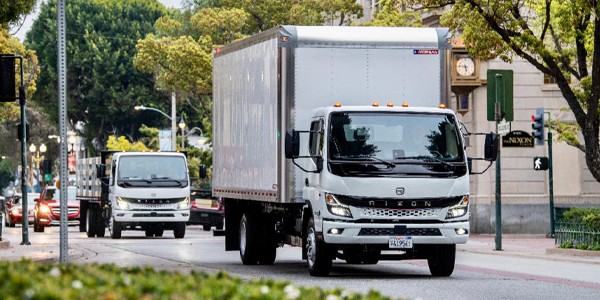This fall saw the launch of two competing Class 8 trucks—the Niokla One and Two, a Class 8 hydrogen-electric truck lineup, and the Tesla Semi, a Class 8 all-electric truck. These disruptors are challenging industry equipment norms. Fleet Equipment reached out to several fleets to get their take on the new truck technology.
- “Electrification is great, but the issue will center around recharging and the range between charges. It can be great for local trucks that can recharge at night. As they address the range and charging issues, it will be more viable.” – Royal Jones, president and chief executive officer, Mesilla Valley Transportation
- “It’s good to think outside the box to make transportation more efficient and less reliant on oil products for fuel. I think technology in our industry has seen great improvements, and it’s good that Tesla is looking to this industry. But in our business, we need double [the 500-mile range] to ensure we could make deliveries without delay on other issues like breakdown or unforeseen problems. I also have an issue with how much the vehicle would weigh.” – Peter Nativo, vice president of fleet solutions, Oakley Transport
- “Reimagining our industry is a good thing—it may help attract more drivers and technicians into the industry. I also believe that it will also have a positive impact on the general public’s perspective, but how that holds will be in direct proportion to how these trucks are operated once in service. A 500-mile range will definitely be a big plus, but what does the infrastructure look like or what’s the cost of putting a charging system in place was going to be? Telsa also touts that the cost per mile will work out cheaper than a diesel equivalent truck. I hope they are successful—but they have to prove it.” – David Foster, vice president of maintenance, Premier Transportation
The maintenance question
Tesla says that its Semi requires less maintenance compared to a diesel truck due to the reduced number of moving parts—there is no engine, transmission, aftertreatment system or differentials to upkeep. Its battery is similar in composition to the batteries of Tesla energy products and is designed to support repeated charging cycles for over a million miles, while its motors are derived from the motors used in Tesla’s Model 3 and have been validated to last more than one million miles under the most demanding conditions, the company stated.
To kick the tires on the maintenance statement, Fleet Equipment reached out to Darry Stuart, president and chief executive officer of DWS Fleet Management Services, for his take on the new technology.
“I do not think the cost will be lower,” he said. “In fact, I predict that maintenance will be more costly—electric motors and batteries are not cheap. This can be offset, however, if the equipment is more reliable.”
In terms of equipment quality, Stuart stressed that this will hinge on how well the trucks are manufactured: “If we don’t get cheap, poorly manufactured electric motors, then we can avoid failures. Then again, consider heater blower motors: Thirty years ago, they lasted forever. Today, they fail regularly. Having an electric motor on each wheel end may be the biggest challenge.”
When an issue with an electric truck does arise, Stuart sees the potential for this to change the trucking service industry.
“When it comes to electricity, most service providers don’t want anything to do with it. Sure, there will still be wheel bearings, chassis and steering components along with many other mechanical components, but I see a separate business for electric propulsion repair services.”

